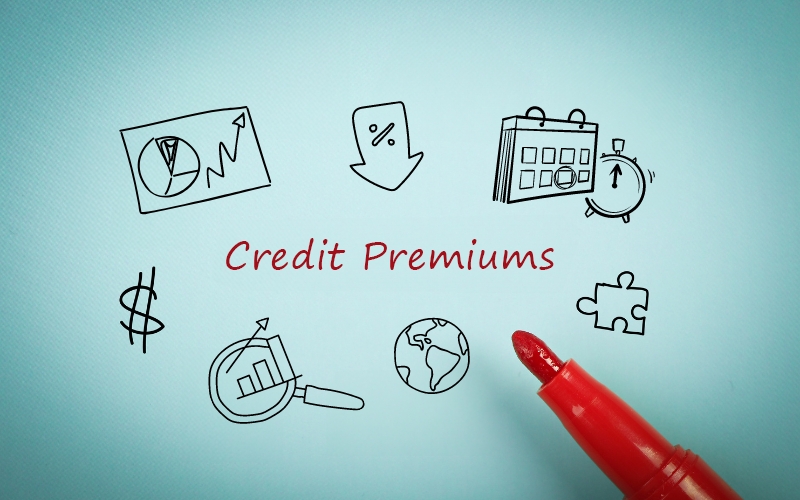At heart, “uncertainty” and “investing” are synonymous. – Benjamin Graham
While we are not out of the woods just yet, I think it is fair to say the pandemic and resulting global recession were both swift and unusual. Investors are more familiar with recessions caused by the unwinding of financial excesses, as seen in recent decades with the tech bubble (2001) and the U.S. housing crisis (2009). But a viral pandemic leading to government-mandated lockdowns around the world is unlike anything we have seen in our lifetime.
The unprecedented nature of this pandemic also led to extreme market volatility, with one of the most rapid stock market declines in history quickly followed by one of the swiftest market rebounds. After a peak-to-trough plunge of nearly 34% during the first quarter, the S&P 500 has recently returned to its all-time high first reached back in February. Investors have been both apprehensive and quick to make bold predictions about the future. After going down the rabbit hole of coronavirus debates during recent summer staycations with family, it feels like everybody has become both an epidemiologist and a market forecaster overnight. I ask, if those that have dedicated their lives to virology and health sciences themselves cannot predict the future turn of events, how can the average investor?
The fact of the matter is that it is very difficult to predict macroeconomic outcomes, and it is even more difficult to do so consistently. The economy and the financial markets are different animals and do not always correlate with each other. Not only would you have to successfully predict the direction, magnitude and timing of the economic future, you’d also have to answer how those same factors will affect financial markets. The complexity of these questions and their interactions is simply too high to accurately predict. It’s understandable that the current level of uncertainty is difficult to swallow. Topics seem endless, from the upcoming U.S. presidential election, to personal protective equipment violations, to our most recent change in Finance Minister; it is a lot. When market predictions become a topic of conversation, I like to reference one of my favourite quotes:
“I can calculate the motions of the planets, but I cannot calculate the madness of men.” – Sir Isaac Newton
Humbling, isn’t it? Newton was perhaps one of the brightest minds in human history and even he admitted he could not do it. It is his intellectual humility that I appreciate most. The future is in constant flux, the result of all the collective decisions we make in real time. Predicting the future would require consistent forecasts of both the rational and irrational decisions of a large population, plus the accurate aggregation of them together – a near-impossible task and indeed very expensive lesson for Newton to learn during the South Sea Company stock bubble in 1720.
So what do we do if we cannot predict? This is arguably the most difficult question to answer and accept. Instead of predicting, we prepare for when market sentiment turns sour. We may not consistently know the exact timing of the next market downturn, but we can ensure our portfolios have sufficient financial flexibility (fixed income and cash) to both weather the storm and help us take advantage of rare opportunities that surface during market drawdowns. This is admittedly not an easy task. The act of buying when others are desperately selling is fraught with emotion. We believe that conviction helps breed fortitude, which ultimately emboldens one to act. And our conviction in owning quality businesses for the long term is what pushes us to invest when uncertainty is high. What we buy during the good times should also be what we want to continue buying during the bad times, when prices are much lower.
Consider the past decade – when were times ever truly “certain”? That was a rhetorical question. The past decade saw some transformative events unfold: the Euro sovereign debt crisis (2010-12), the global energy downturn (2014-16), the U.S.-China trade war (2018-today), and now the COVID-19 global pandemic. Looking back through all these highly uncertain periods of time, it was quality businesses run by capable and committed management teams that persistently generated cash flow and grew dividends to reward investors in the background. These are the attributes we appreciate and find solace in amongst this chaotic and unpredictable world.
Life will always be uncertain. Resist the temptation to make bold market predictions. Instead, we recommend sticking to your long-term investment strategy and asset mix. If you feel your asset allocation is out of balance, please contact one of our client representatives who can help align your portfolio with your investment objectives. Trust that, in the long term, a disciplined emphasis towards quality franchises and less on bold forecasts will increase your odds of investment success.




